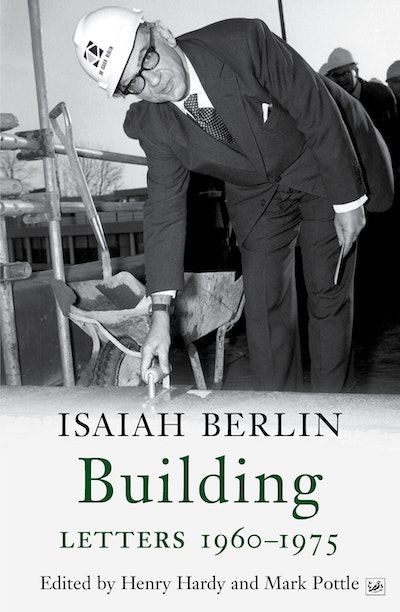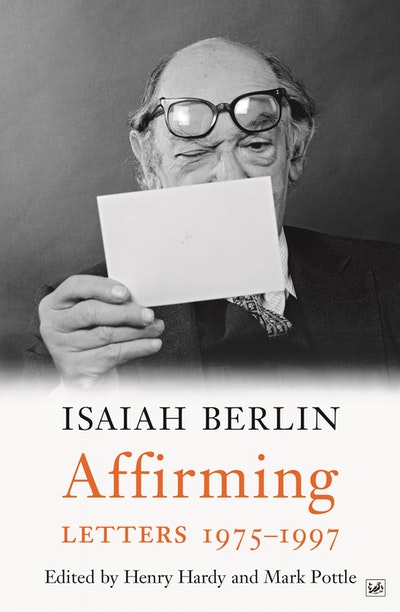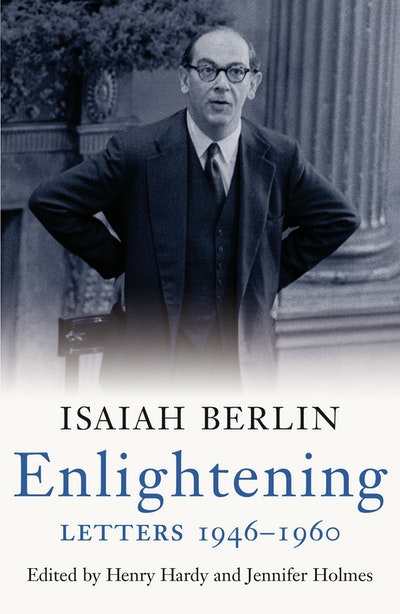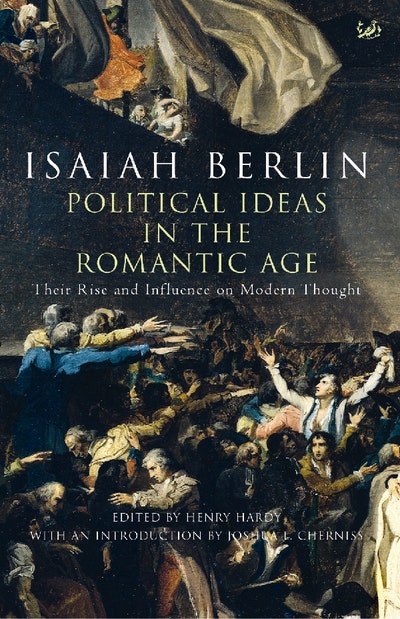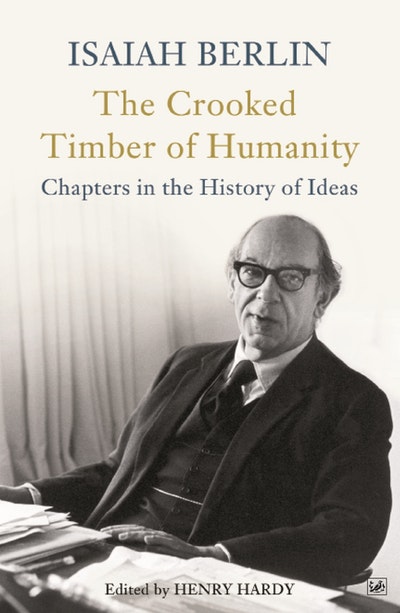Building
Letters 1960-1975
- Published: 31 August 2013
- ISBN: 9781448191345
- Imprint: Vintage Digital
- Format: EBook
- Pages: 704
Consistently interesting and at times strikingly unexpected, these letters show sides of Berlin that have not been seen before
John Gray, Literary Review
Berlin was sui generis. There never was anyone like him before, and there probably will not be anyone like him again... He was, above all, a genuine -- as opposed to a stage -- liberal, who believed people were entitled to their beliefs and even to their prejudices, and both could be accommodated
DJ Taylor, Independent on Sunday
Berlin's achievement was immense, in making ideas entertaining in a culture generally averse to them... One way to read [him] today is to relish the passionate man between the high-flown lines
Lesley Chamberlain, Independent
There are many wonderful sketches. Of, for example, President Kennedy... or Roy Jenkins... and there are damning judgments of many great and good... Dip in and savour a lost world.... For reasons of technology (email and text) and also of intellectual culture the letters of today's Berlins... will simply not exist for future historians
David Goodhart, Sunday Times (Culture)
Many of us who care about ideas feel a nostalgia for a time when thinkers were taken seriously and when irony was the spice of intellectual life rather than its meat. few exemplify this mythical age better than the 20th-century historian of ideas Isaiah Berlin... These letters often capture his insights with greater concision and sharpness than the originals... there is more here to enlighten and entertain than in the collected works of most of his contemporaries. In their introduction, the editors say: "If this is not one of the best letter-writers of the 20th century, we are ready to eat our respective hats." Gentlemen, you can leave your hats on.
Julian Baggini, Observer (New Review)
Even more engrossing and entertaining than the previous volumes of Berlin’s correspondence. Pure joy
John Banville, Observer
[It] finds the philosopher deeply embroiled in the great world, one day dining with JFK and the next engaged in trying not to laugh at Igor Stravinsky. A marvellous book, fascinating, irreverent and funny
John Banville, Irish Times
Readers will be enriched, informed, amused – and grateful that Berlin never mastered concision
The Sunday Times
IB was one of the great affirmers of our time, a man to be admired not only for his intellectual achievements but for his loyalty, his humor, his modesty, his delight in the world and the people in it. Building is a wonderful edifice in his honor, meticulously, indeed lovingly, edited and annotated
John Banville, New York Review of Books
The letters are compelling. There is wit, charm and effortless erudition
Duncan White, Daily Telegraph
In Building, a new and weighty volume of letters written between 1960 and 1975, all of Berlin’s characteristic gifts are on display… Serious and sceptical, wry and self-aware even when pessimistic, he is revealed once again as a captivating presence
Duncan Kelly, Financial Times
